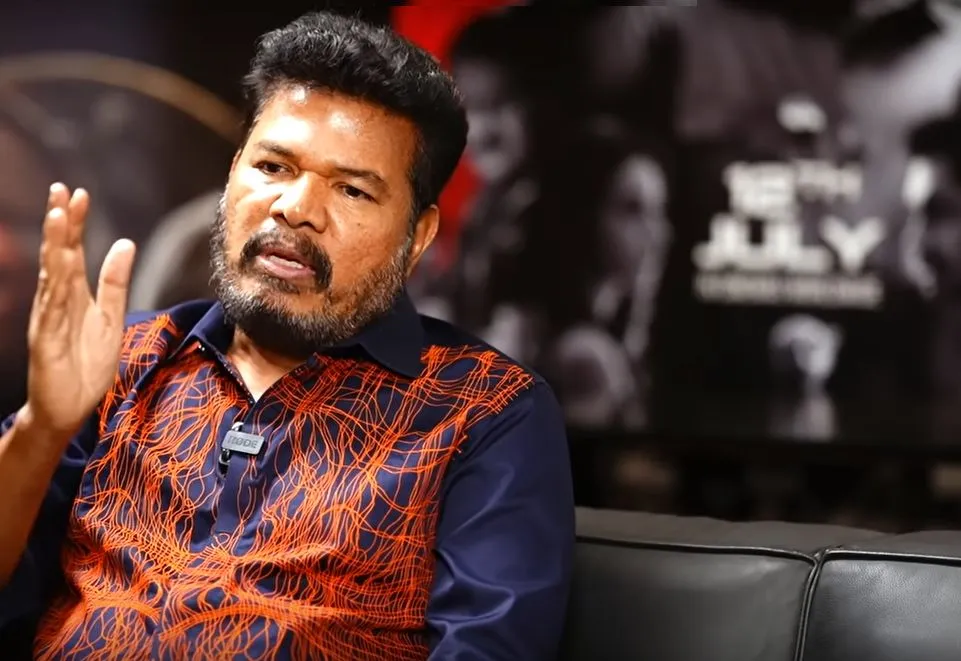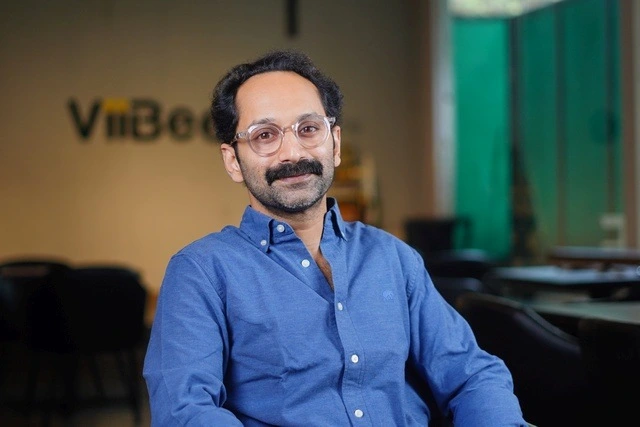In Part 1 of this interaction with the director, he reflects on his beginnings, the challenges of making a sequel, and more…
Edited excerpts:
You’ve had this thirty-year journey. As a director, how has your vision changed with regard to the audiences back then and now?
I don’t feel any change because I’m always thinking in terms of my next film. I’m observing everyone from this generation, like my kids, what they like, and how they react… all those come into my mind when writing a script.
Taking a 2.0 or an Indian 2, what’s the biggest problem or challenge with making a sequel?
The biggest problem is everything is an open secret. When it’s a fresh film, people just have a vague idea about the premise and everything from the little bits of leaked news floating around and when they finally see the film on the first day, they see something that defies preconceived notions. But when making a sequel, everyone knows everything, like who Senapathy (Kamal Haasan) is, his family, the dagger he has concealed under his belt, and so on… So now it’s about the newer directions to take it in.
The films you’re doing are big, and when you’re doing one, you are concentrating on its various departments like, say, the production design and visuals. Now you have Indian 2, Indian 3, and Game Changer coming up. How do you juggle the challenges?
They are indeed a challenge, and even I didn’t foresee that. Everyone knows that at one point, the work on Indian 2 stalled. I had no idea when it would restart, if ever. So I went into the next film. Later, when the former restarted, I had to handle both these films. I always respect and value time. Once lost, it can’t be regained. So during the pandemic, I finished all the prep work for Indian 2 — the locations, dialogues, shot divisions, costumes, props… everything. The list was set. So when I moved on to Game Changer, I managed to get extra time. My experience helped me in that regard, aside from a good team.

Gentleman was this quintessential “Shankar film”. When you worked as an assistant director, did you think about what kind of films you wanted to make?
I got the urge to become a filmmaker after watching the films of director Mahendran. I wanted to do those kind of films. So when I decided to become a director and took my story to producers, they wanted an antihero subject, and I gave it to them. And it worked out when I sat down and worked on it sincerely. Once it became a hit, everyone started asking for more films of the same ilk.
When you wrote Gentleman, how did the vision to mount it on that kind of scale strike you?
When imagining it as an audience member, I wanted to introduce the hero through a big action block. What action would excite me at that time? The action also had to have a story in it. Scripted action. I wrote all the action bits myself. When the action choreographers take it, they adapt it in their own style. So it was all about the ‘wow factor’ for me, with all my films.
Watch the full interview at:



